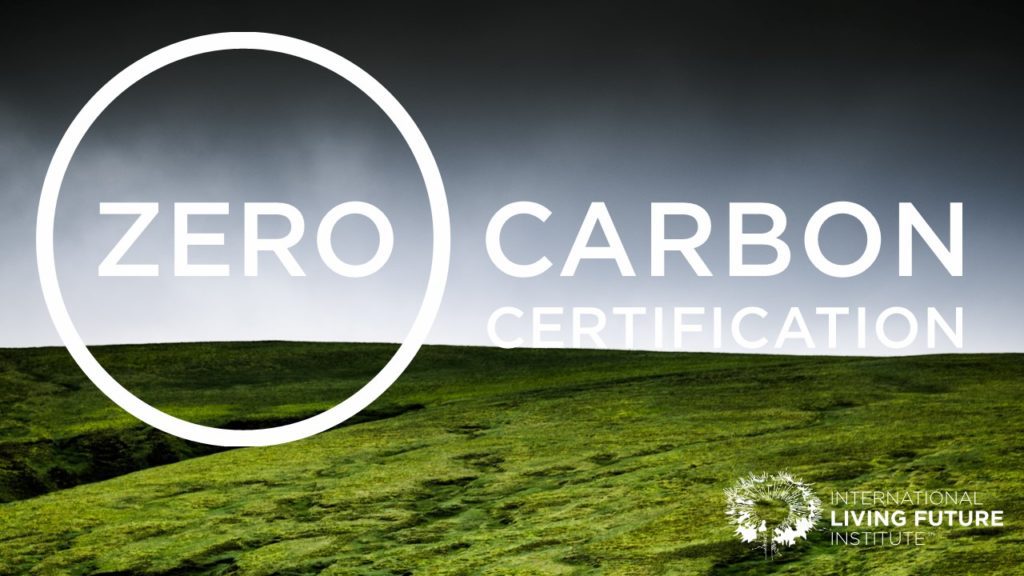Passive House Explained
Our three in-house Certified Passive House Consultants provide insights to the significant benefits and range of applications of Passive House standards.
Our three in-house Certified Passive House Consultants provide insights to the significant benefits and range of applications of Passive House standards.
How to support more ethical, equitable, and responsible building supply chains and labor practices.
Banker & Tradesman dives into the new Massachusetts Building Energy code with input from Associate Jacob Bloom, LFA
Principal Timothy Mansfield, AIA shares with Banker & Tradesman about parametric design tools enhancing architectural designs of past and present.
Justin’s career has been defined by his devotion to community engagement, ethical design choices, and advocating for a more equitable built environment.
CambridgeSeven is proud to announce promotions for eight employees at the start of 2023.
Tim Mansfield and other experts explain how facade materials are selected.
CambridgeSeven is working with Gazit Horizons to transform Marketplace Center into a bustling commercial hub
Associate Jacob Bloom discusses the Zero Carbon Certification from International Living Future Institute

The City of Somerville and Built Environment Plus recently convened an expert panel on the benefits of Low Carbon Buildings and how cities can build more sustainably. CambridgeSeven Associate Jacob Bloom, a Living Future Ambassador and invited panel participant, discussed how projects can earn a Zero Carbon Certification from the International Living Future Institute (ILFI).
You can view the panel discussion in it’s entirety here – it’s full of actionable initiatives. Specifically, at the video mark 44:45, Jacob explains the Zero Carbon Certification program and how developments can work to achieve it.
IFLI’s mission is “to catalyze the transformation toward communities that are socially just, culturally rich, and ecologically restorative.” This is a tall order, so ILFI has created several different ways to reach that goal.
ILFI offers nine programs for buildings, products, and businesses:
Buildings make up about 40% of global greenhouse gas (GHG) emissions which are comprised of the energy that goes into building operations as well as the embodied energy and carbon that go into erecting the building – material extraction & manufacturing, transportation of those materials to site, and actual construction.
The Zero Carbon Certification from ILFI addresses both the operational energy consumed and embodied carbon from manufacturing and construction of the project. The goal of the certification is to reduce each of those as much as possible and offset the rest. This is done with a straight-forward process of Reduce and Offset:
Step 1) Reduce building energy consumption to at least 25% below the ASHRAE 2010 baseline and eliminate new combustion on site (burning of natural gas or other fuels).
Step 2) Offset the remaining energy usage with new renewable energy on or off-site.
Step 3) Reduce the embodied carbon in primary materials. This requires a life cycle analysis for embodied carbon of the building and reducing embodied carbon by at least 10%.
Step 4) Offset the remaining embodied carbon by purchasing verified carbon offsets.
Additional efforts like these certification requires buy-in from project stakeholders, especially the people funding the project, since an initiative like this often means more up-front costs. But there are huge payoffs for those willing to put in the extra investment.
People sometimes think that the zero carbon programs are only suitable for small projects because large projects inherently use more energy and materials. However, this certification is scalable to buildings of all sizes by encouraging the use of renewables on and offsite and includes exceptions for special circumstances such as commercial kitchens, labs and pre-existing infrastructure. This kind of flexibility makes the certification attainable to any project scale, type, or climate region
It’s exciting to see cities like Somerville strive to build more sustainably and ethically and we’re grateful to have passionate professionals like Jacob to help guide the way to a future of better building. To see and read the recent interview we did with Jacob and to learn more about the International Living Future Institute, check out this blog post.